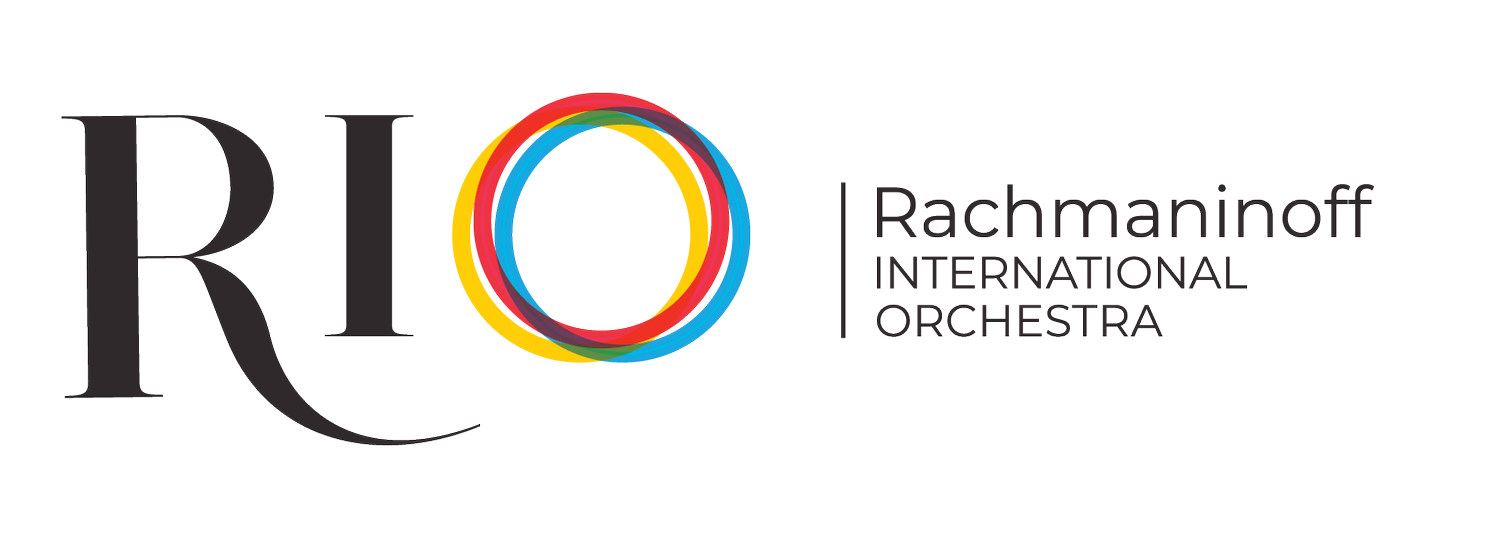In Rachmaninoff’s Head
Le Point
By Olivier Bellamy
November 8, 2023
"To regain one's youth, one only has to repeat one's follies," said Oscar Wilde. At 66, Mikhail Pletnev has just committed a remarkable one. The pianist and conductor created the Rachmaninoff International Orchestra since the Russian National Orchestra he founded in 1990 was confiscated by the Kremlin. We can imagine the mixture of fury, pain, and frustration after being deprived of his instrument.
Wilhelm Furtwängler had stayed in Nazi Germany to not leave "his" Berlin Philharmonic in the hands of people he considered barbarians. There was no question of Mikhail Pletnev returning to Russia (he lives in Switzerland and speaks nine languages), but he took it very badly to be amputated from the extension of his spirit. So, rather than wander the seas like the Flying Dutchman, he brought the country of Pushkin to himself. Somewhat like de Gaulle declaring that Free France is in Landres. Or Thomas Mann who said: "German literature is where I find myself."
"In losing my country, I lost myself"
In 2023, we celebrate the 150th anniversary of Rachmaninoff's birth, an occasion for Pletnev to recall his suffering when he fled the Bolshevik revolution in 1917. Rachmaninoff could never fully regain his creative vein outside his native land: "In losing my country, I lost myself." If the failure of his first symphony had rendered him sterile - until the miracle of his Concerto No. 2 - exile proved fatal. He lived near Lucerne, in the Villa Senar (open to the public since this year), before fleeing the war again to die in Beverly Hills in 1943. But Switzerland remained his "little Russia."
In addition to his other engagements, Pletnev worked twenty minutes a day for a year to re-master the four concertos and the Rhapsody on a Theme of Paganini. The Concerto No. 3 alone poses a challenge of the highest virtuosity. Rachmaninoff himself believed he was incapable of performing an encore after playing it. On August 20 and 22, Mikhail Pletnev played the "five concertos" at the Riga Festival. The orchestra was conducted by Ukrainian conductor Kirill Karabits, a beautiful symbol. At the same time, the pianist went to great lengths to found a new Russian orchestra "beyond the walls". However, some musicians were not given permission to leave the country or they feared reprisals. Others did not get an entry visa. The Rachmaninoff International Orchestra was thus completed by musicians from twelve European countries (including France) and Israel.
An ideal balance between the orchestra and the soloist
Four days of rehearsals and two dress rehearsals on the concert day preceded the concerts. They took place in the Rosey Concert Hall in Rolle (Switzerland), which belongs to one of the most prestigious schools in the world. The event was organized by Sergei Markov, a close friend of Pletnev. The funding ($350,000) was provided by American patrons. According to Adriana, the personal assistant of Mikhail Pletnev, he did not touch his piano for two weeks before D-day. The concerts were filmed by Medici and Mezzo. The soundtrack will be the subject of a double CD released by EuroArts, scheduled for release in 2024.
The superb auditorium deserves a visit all by itself. Made of concrete, conglomerate wood, and glass, it offers remarkable acoustics and seats 900 people. Mikhail Pletnev entrusted the baton to his friend Kent Nagano. Besides his talent and experience, the conductor has the humility to replace the arm of his colleague, the brain of the project and soloist Hercules dedicated to his twelve labors. In fact, the balance is ideal between the orchestra and soloist. At his Kawai piano, Pletnev seems petrified by inhuman concentration. No unnecessary gesture. Arms that seem to weigh tons so broad is the sound, powerful, never harsh. This is not syrupy, Hollywood, or flashy Rachmaninoff as we've heard ad nauseam, but "Spirit" in his own words.
A high human adventure
The pianist seems to have identified with the composer. The latter was one of the greatest pianists in history (along with Liszt and Busoni, Chopin out of the competition), but when he played his music, he was taken with a kind of modesty that restrained his expression. Pletnev thus plays his concertos as if he were the composer and, in a certain way, better than he could have done it. Not only is his technique prodigious, but it adheres to a structural, organic, and mineral vision of the work. The fact that he is also a conductor and composer helps to highlight the lines of force, to let the harmonic structure breathe within the natural logic of the discourse. It is an internalized vision of the masterpiece. The opposite of superficial dressing or skillful make-up that deceives an audience eager for sleeve effects. But the pianist is not just a spelunker who skillfully lights the sacred cave. We are drawn into a high human adventure. Carried away by a unique story that unfolds here and now.
Thus, the famous Concerto No. 2 begins with a brisk rhythm and avoids the heavy-handedness of the Russian temple merchants. The work is a renaissance after an endless winter. The time is therefore for spring movement and a youthfulness that permits all follies. Mikhail Pletnev superbly ignores the clichés attached to this warhorse of the repertoire. Thus the finale does not rush to the post, but savors this joy in a desperate song.
Each work sounds with a freedom proportional to the rigor and discipline that allowed its elaboration. At the end of the concert, we have the impression of having participated in the erection of five monuments less trite - or on the contrary more familiar (the Fourth) - than one would have thought. As an encore, a Glinka Skylark transcribed by the pianist finally signals the tears.

